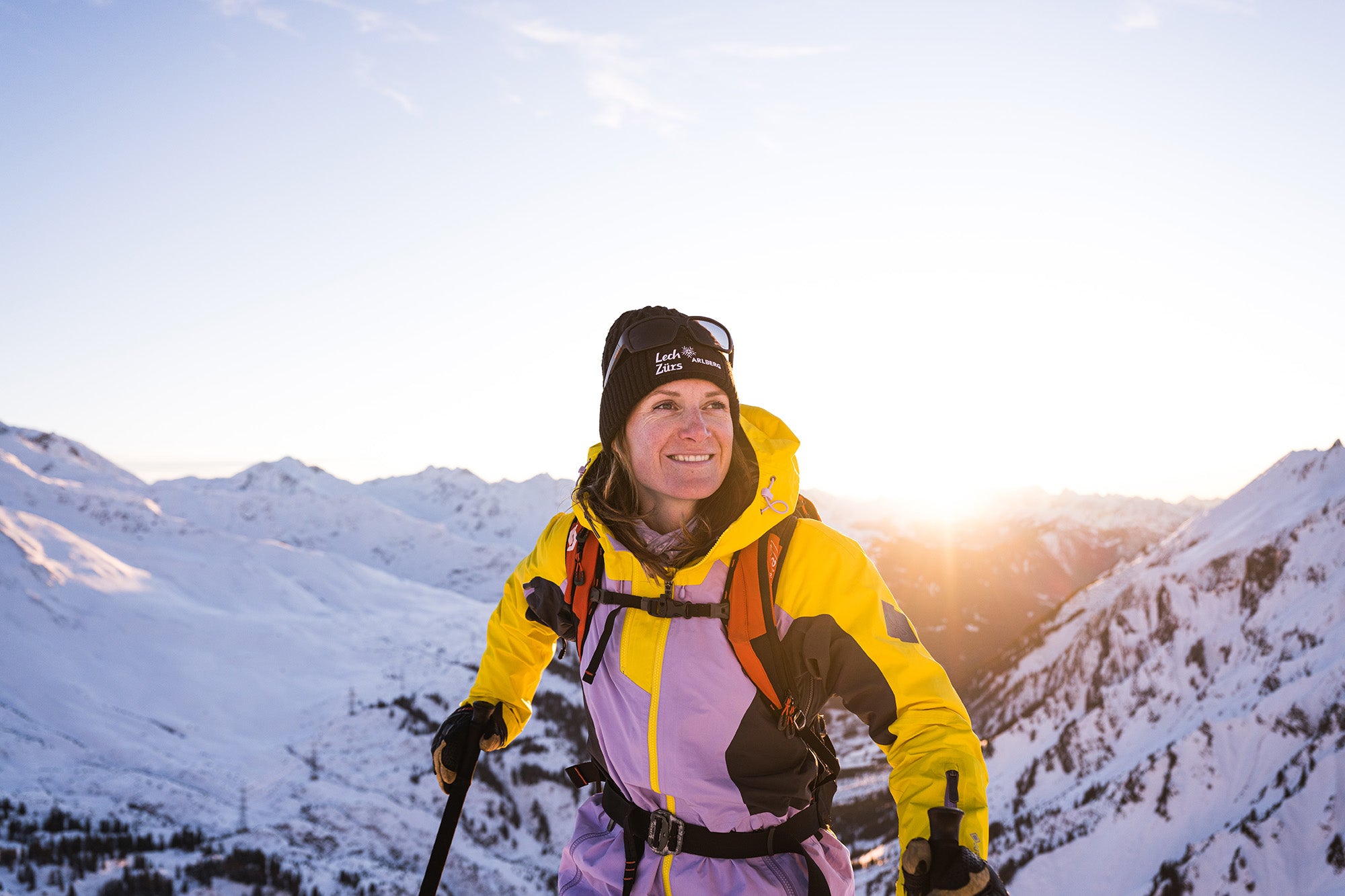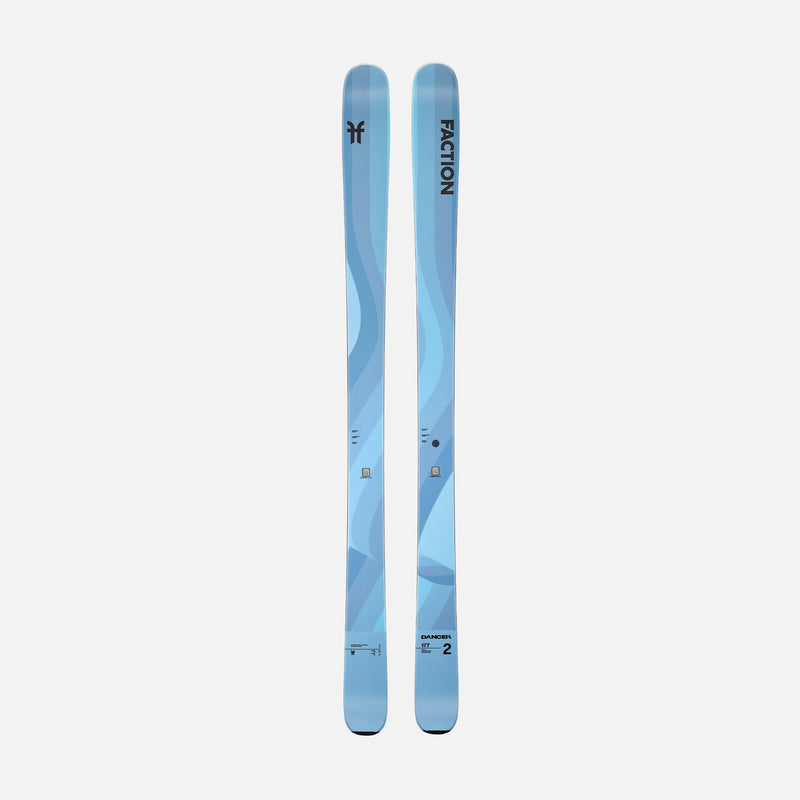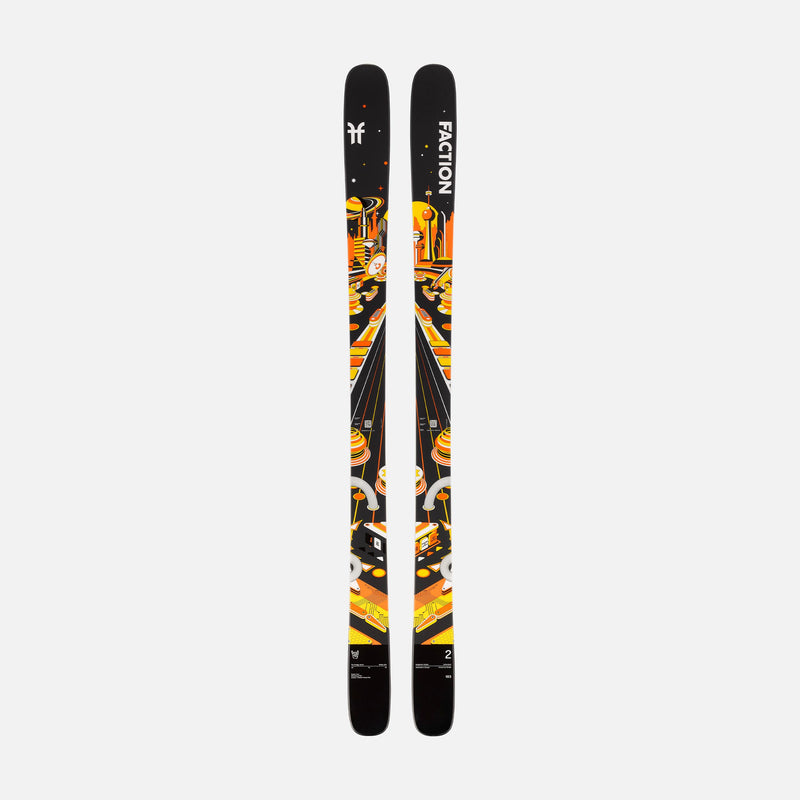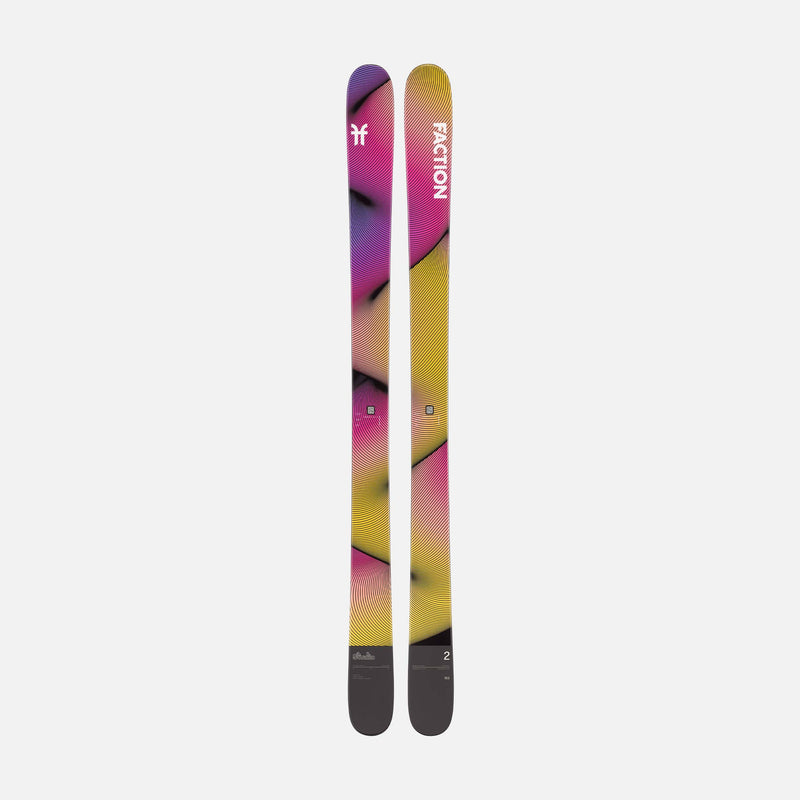
Photo Credit: Audi
Ahead of International Women’s Day, we caught up with Lorraine Huber; the Austrian-Australian freeride skier, ski guide, mental strength coach, and most recently, mother to 3-month-old Freya. Read on to learn about the highs and lows of Lorraine’s career so far, balancing skiing with motherhood, and her hopes for the future of skiing.
HOW DID YOU GET INTO SKIING AND FREERIDE SKIING?
I’m born and bred in Lech am Arlberg – a small mountain village in Austria’s largest ski area. Skiing is deeply rooted in our culture and heritage. For as long as I can remember, I wanted to follow in my father’s footsteps and become a ski instructor.
Around the age of 14 I started getting passionate about off-piste skiing, but it wasn’t until around 18 that I was introduced to freeriding by my friend Martin Winkler and the snowboard instructors I worked with. The snowboarders especially were playing with the terrain like I had never seen before, and I chased them around everywhere in our free time.
CAN YOU TELL US ABOUT SOME OF THE MOST REWARDING MOMENTS OF YOUR CAREER SO FAR?
Having nerves of steel and a laser focus in the 2017 Freeride World Tour season, culminating in becoming world champion, after having previously been a mental wreck at comps due to stress.
Bouncing back to the physical shape of my life through dedicated training after sustaining a serious knee injury and falling ill with glandular fever for 6 months.
Winning Best Freeride Female at the 2013 iF3 Festival for my Alaska segment in “Shades of Winter”, despite being scared most of the time during filming.

Photo Credit: Zoya Lynch
WHAT ARE THE BIGGEST CHALLENGES YOU’VE FACED OVER THE YEARS AND HOW HAVE YOU OVERCOME THEM?
I have faced both mental and physical challenges throughout my career. I put myself under a lot of pressure to perform and often doubted my abilities. I became a mentally strong competitor after learning about flow psychology and directing my attention to what matters in the moment. Mental toughness can be learned, just like any other physical skill. I find that really fascinating.
Rupturing my ACL and MCL and having a full knee reconstruction in 2007 was also tough. It took me 2 years to fully regain confidence in my knee. Subsequently, I had pain for many years due to chronic patella tendinitis. I was finally able to overcome my knee injuries through strength training and mobilisation techniques.

HOW HAS YOUR CAREER PROGRESSED OVER THE YEARS; FROM FREERIDE WORLD TOUR CHAMPION TO MENTAL STRENGTH COACH AND SETTING UP THE WOMEN’S PROGRESSION CAMPS?
I began working as a ski instructor whilst studying for my business management degree in Vienna. Then I got my ski guiding certification and founded Austria’s first freeride school with my boyfriend at the time in Sölden when I was 23.
A couple of years after university, I took the plunge and decided to make freeriding my profession. For many years I focused on competing and filming, but I never stopped ski coaching and guiding since I have a real passion for teaching. I hosted my first all-women’s freeride camp back in 2008 and have run them ever since. I started studying mental strength coaching in 2015 with the desire to deepen my knowledge and begin building a future career for myself that I could be equally passionate about.
My career started with a focus on high-performance skiing and honing my skills to become the best freerider I can possibly be. Now I have turned my attention to passing on my knowledge and mentoring others; from being completely focused on me to focusing on others.

Photo Credit: Susanne Einzenberger
CAN YOU TELL US ABOUT BECOMING A MOTHER? HAS IT CHANGED YOUR OUTLOOK ON LIFE & SKIING? IF SO, HOW?
For many years, skiing was my number one priority. Most of the decisions I made were geared towards me becoming the best skier I could possibly be. That meant that oftentimes my family and boyfriend took a back seat. I think that’s probably what it takes to reach the pinnacle of athletic performance; it’s a self-absorbed pursuit, really.
Being a mother is also about building certain skills (and I can tell you, it’s a steep learning curve), but rather than being hyper-focused on your own needs as an athlete, you’re now taking care of someone else’s needs 24/7 – someone that literally couldn’t survive without you. That shift requires a huge amount of personal growth! Skiing will always be my passion, but it isn’t as important as it once was.
HOW HAVE YOU FOUND IT GETTING BACK INTO THE OUTDOORS AND ONTO YOUR SKIS AFTER THE BIRTH OF YOUR DAUGHTER?
I’ve found it surprisingly gentle and stress-free. I gave myself 40 days of dedicated recovery after giving birth and didn’t put myself under pressure to start training again before I felt ready. I’m in a privileged position because many mothers don’t have that luxury and need to go back to work much sooner. It’s been 3 months now since I gave birth and I’m feeling energized and motivated to train. I should add that I’m very lucky that our daughter is a good sleeper!

ALTHOUGH IT'S STILL NOT COMMON, ARE YOU INSPIRED BY ANY OTHER ATHLETES WHO BALANCE MOTHERHOOD WITH ELITE PERFORMANCE, AND IF SO, WHY?
I’m inspired by women like Kimmy Fasani, who has continued her professional snowboarding career throughout motherhood and is raising her family to love the outdoors. She also played a crucial role in pushing the action sports industry to include clauses in contracts to allow athletes to balance their careers with motherhood.
WHAT IS YOUR BIGGEST WISH FOR THE FUTURE OF SKIING FOR YOUR DAUGHTER AND OTHER YOUNG GIRLS?
I hope they will have many hard-charging girls to ski with and female role models to look up to in their community. Skiing with like-minded women who rip and who are pushing their limits is so much fun and key to raising the level of female skiing.























